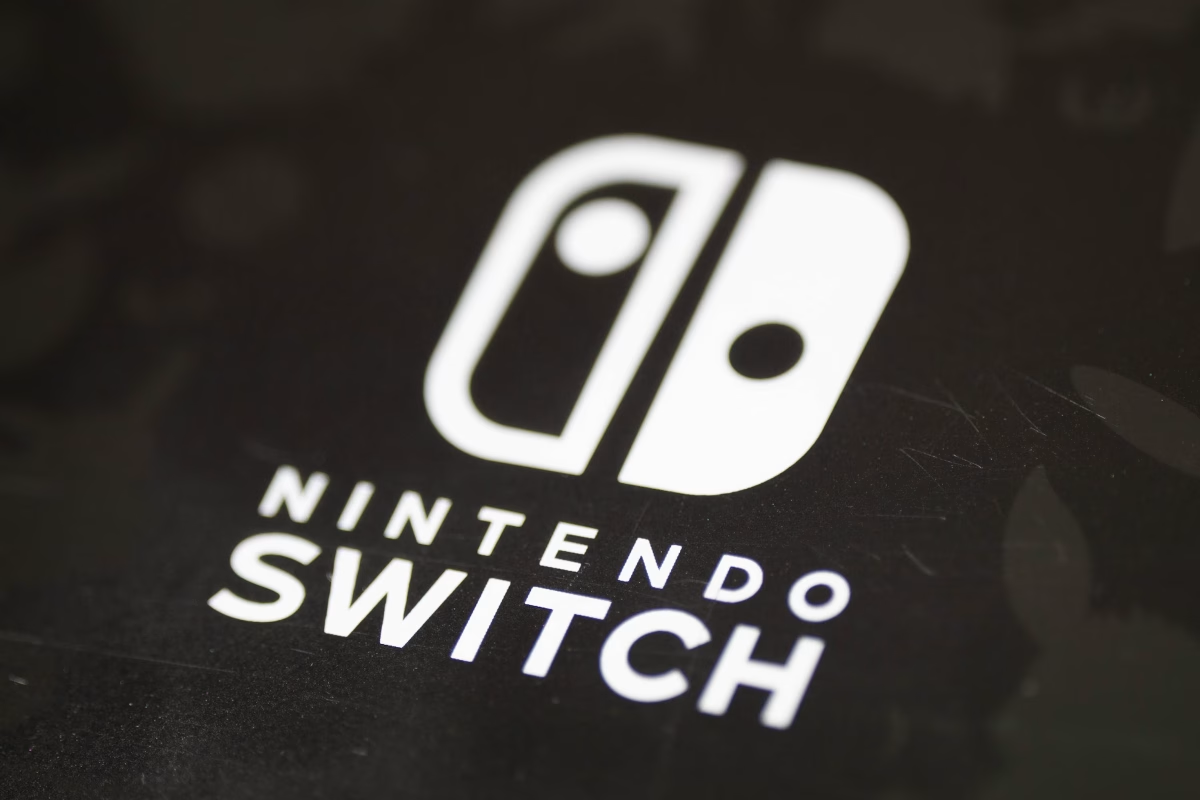“The planet is fine” is one of my all-time favorite skits by the late comedian, George Carlin. If you haven’t watched the skit, stop reading this and go watch it really quick. I’ll wait.
That skit is perfection. In case you don’t follow instructions: the premise is that the Earth has been here for four and a half billion years, and it’s been through a lot of stuff — stuff worse than the stuff we’re putting it through.
So, when we say things like, “Save the planet,” it’s pretty silly. The planet doesn’t need saving. We do.
There are plenty of asinine things humans do every day that lessen our life expectancy. Some of the more obvious ones: we litter; we pollute the air, and we consume chemicals — willingly.
Those are pretty easy to imagine: throwing a plastic bottle on the ground, driving cars and emitting all sorts of fumes from factories and eating produce farmed with chemical sprays, or simply eating a Pop-Tart.
We’re pretty much killing ourselves. Albeit slowly — with most of these examples — but surely, nonetheless.
Lake Okeechobee is a massive body of water. It is the seventh largest freshwater lake in the United States and the largest in Florida. It’s half the size of Rhode Island. It spans across five counties. What I’m saying is: it’s big.
Now, let’s think back to our elementary school knowledge that water covers almost three-quarters of the Earth’s surface. Without knowing anything else but that and the behemoth lake that is Okeechobee, one could pretty easily deduce that it’s probably important.
Without water, we die. All of us. Literally, we cannot survive. This means we need water — especially the clean kind that we can drink, especially the kind that wildlife can thrive in — so our ecosystems continue to do their jobs that, in turn, provide us with food and clean air.
About a month ago, the Army Corps of Engineers identified that the height of the water in Lake Okeechobee was at over 16 feet when it should normally stay between 12.5 and 15.5 feet.
Since the dike surrounding the lake is weak, they made the decision to start draining billions of gallons of water to the east and west of the lake into the Caloosahatchee and the St. Lucie River. This is being done in order to minimize the risk of the dike breaking and flooding the immediate areas.
They’re doing it for us — the humans. And the farms. Flooding of humans and farms wouldn’t be good.
You know what else wouldn’t be good? Ruining whole ecosystems that are homes to fish and myriad of other wildlife, killing them; or releasing dirty water full of toxins to waters where people swim and live.
Unfortunately, neither scenario is really ideal. I don’t want people’s homes and livelihood to be flooded, while I also don’t want vital ecosystems to vanish.
What I want is a solution. And, the current draining of Lake Okeechobee gives us all the opportunity to stop and look at the real problem — to stop and ask why it’s happening. To educate ourselves on what can be done to not just stop it but to fix it.
This isn’t the first time Florida hasn’t been too smart with managing its water. It happened as recently as 2013 and has been going on for almost as long as Florida has been a state. That’s getting close to 200 years now.
When Florida became a state, there was an immediate call to action to drain the Everglades. It was more important to develop the land. It didn’t take too long to realize that was a bad idea, but it took long enough that seemingly irreversible damage was done.
The humans of the past built farms and developed the land surrounding the 700-square-mile Lake Okeechobee. The lake is naturally intended to feed water into estuaries and maintain healthy water flow throughout the state, so getting in the way of that was probably not the greatest idea. Humans interrupted the way the Earth had been functioning for billions of years, and we must now face the consequences.
I realize those humans had no idea what they were doing, but we have now had plenty of time to figure it out. Yet, we continue to make the same mistakes. We continue providing temporary “fixes,” like draining, without addressing the real, underlying problem.
Ironically, while up to 11 billion gallons of dirty water get drained from Lake Okeechobee daily, Florida also happens to be amid the Everglades Restoration project, which happens to be the world’s largest intergovernmental watershed restoration effort — kind of a big deal.
This plan is costing billions of dollars and spanning over decades, but every time something unexpected happens like this drainage of Lake Okeechobee, the plan gets set back even further, making the completion of the project seem impossible.
Can we just fix the dike? Can we stop for a minute and realize how serious the problem is and reallocate funds to just get it done? Every day, counties state- and nationwide have discussions about building new Wal-Marts in their local communities and funding much-needed after-school programs.
My point is: we won’t need those things for humans if we don’t fix the environment first. I realize it’s hard to fathom because it isn’t immediate. I know: it’s all about us right now.
But, what if — for just a little bit , just long enough — it wasn’t? What if it was about humans sticking around on Earth for a long while and not killing themselves first?
Wouldn’t that be something.




























MG (@mgaffneyny) • Mar 13, 2016 at 12:15 am
Thanks for sharing and this is completely avoidable. $800 million is what is required for the repairs according to Gov. Scott. There should be no pollution period and this is damaging “businesses” according to the state of emergency. The people’s health, beaches, fish and wildlife, and environment should be top priority!